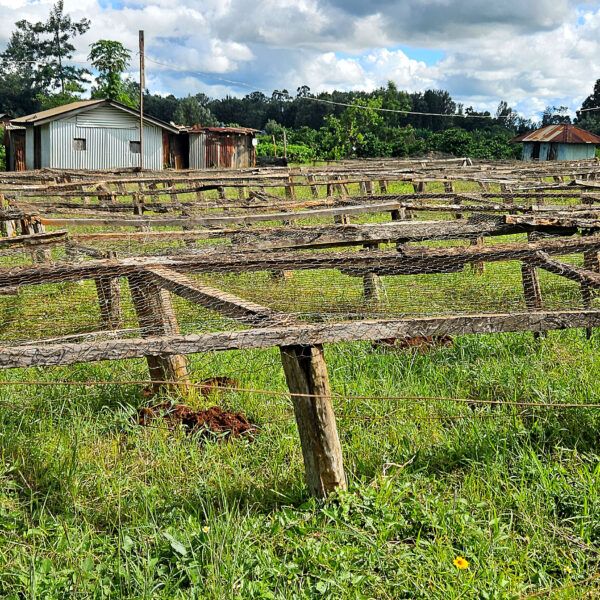The first day of the annual GreenBiz sustainability conference in Phoenix delivered two main messages: we all have more in common that we have differences, and we are all on the same team, working towards the same goals.
GreenBiz17 kicked off on Valentine’s Day with sustainability professionals from business, government, NGO and academic sectors hearing a message of love from Greenpeace’s Executive Director, Annie Leonard. Yes, a message of love. When posed the question of what companies should do when Greenpeace calls, Leonard replied simply: “answer the phone.” She went on to elaborate that when the NGO pushes for improvement, it stems from the science, not from a position of attack, and from wanting to see companies succeed — to continue to improve their sustainability performance and to not accept status quo. In other words, from a place of love: for the company’s potential and for a shared commitment to the planet and people.
Among those hearing these words were myself and my colleague, Mark Comolli, Director of Markets Program, Corporate Advisory, as well as representatives from some of the hundreds of companies collaborating with the Rainforest Alliance, including Mars, McDonald’s, PepsiCo, Staples, Unilever and Walmart.
But even before the conference gathered to hear from Leonard and other plenary speakers, 85 sustainability professionals representing brands, producers and NGO’s, including the Rainforest Alliance, gathered at the GreenBiz Supply Chain Transparency Summit for an interactive session focused on transparency in supply chains.
A short panel framed the challenges, including sustainability leaders from GM, McDonalds, BASF and Home Depot, who reflected on the successes and challenges along their sustainability journey. It was evident that each company, with their diverse products and unique supply chains, had varying approaches for supply chain transparency. Also evident, however, was that there were greater similarities than differences among the challenges they face.
The panel discussion framed two breakout sessions: the first to identify challenges within specific industries, such as retail, apparel, consumer packaged goods, building products, and more, and the second to focus on solutions in short and long terms that can be provided by the different players: brand holders, NGO’s, suppliers, certification agencies and associations.
In each session conversations were active and passionate, and key themes emerged from the wide-ranging topics discussed. Collaboration was front and center, including the need for industries to collaborate to improve efficiency and reduce burden, and for certifiers and standard setters to collaborate to improve impact and knowledge. Plus, of course, the need for all contributors in the supply chain space to work together to achieve our common goal.
Two other key themes to emerge included how to make the business case for sustainability to stakeholders and what to do with supply chain information once obtained. Whether internal or external, sustainability professionals are looking for ways to effectively communicate the importance of their work. They’re also looking for an efficient way to sift through, understand and apply the mass of data being collected through supply chain work.
As the first day of GreenBiz came to an end, and as we looked to the remaining sessions, it was clear that there is much work to be done, but there is a group of empowered and energized sustainability leaders willing to roll up their sleeves and take action…. those gathered at GreenBiz and colleagues and partners around the world.




